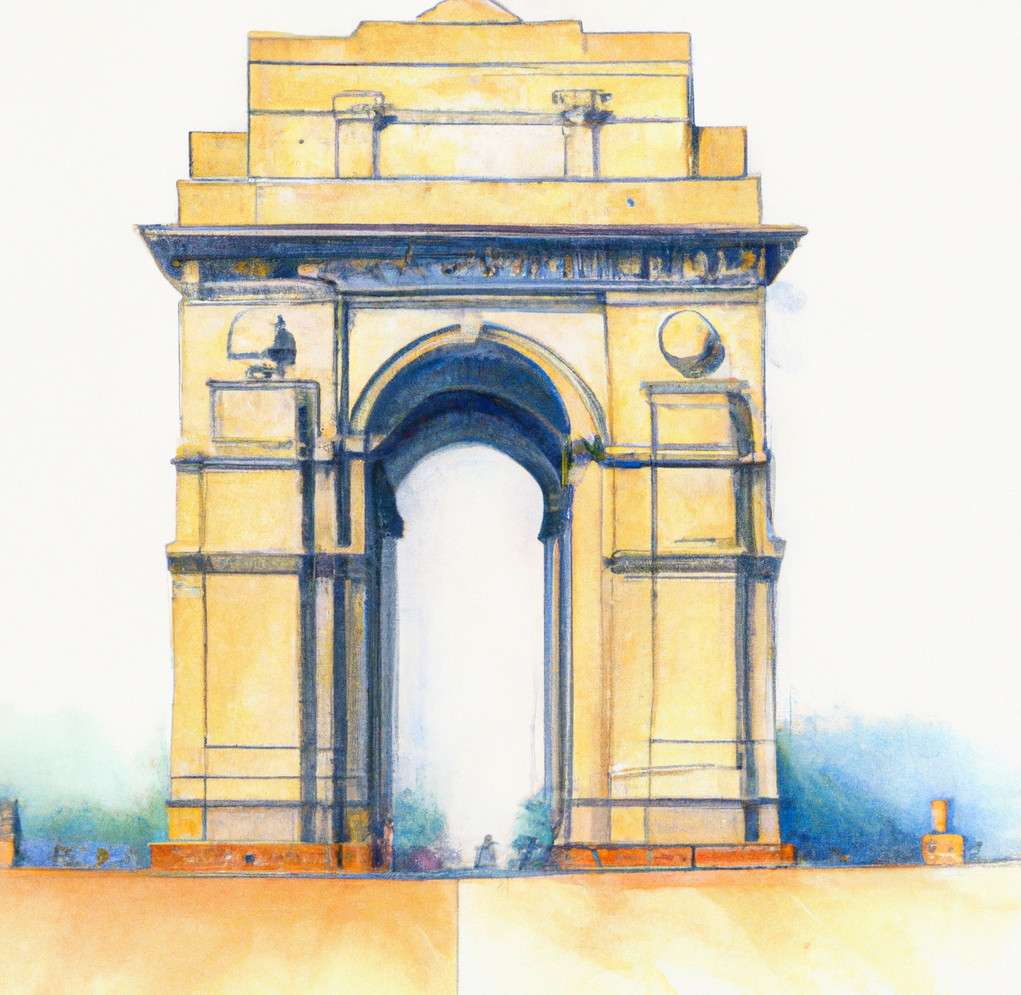India, a country with a diverse culture, has been a topic of debate for many years when it comes to choosing the national language. Hindi, the most widely spoken language in India, has been a topic of discussion for a long time. Many people believe that Hindi should be the national language of India. However, there are many reasons why Hindi should not be the national language of India.
Firstly, India is a diverse country with 22 recognized languages, each with its own unique culture and heritage. Choosing one language as the national language would be unfair to the other languages and cultures in the country. It would lead to a loss of identity and cultural diversity.
Secondly, Hindi is not the mother tongue of a majority of Indians. According to the 2011 Census, only 41% of Indians speak Hindi as their first language. Making Hindi the national language would be unfair to the other languages spoken in India.
Thirdly, language is a sensitive issue in India. Choosing one language as the national language would lead to conflicts and tensions between different linguistic groups. India has already witnessed many protests and agitations over language issues, and making Hindi the national language would only add fuel to the fire.
Fourthly, Hindi is not an easy language to learn. It has a complex grammar and a vast vocabulary. Making Hindi the national language would be a disadvantage to those who do not speak the language fluently. It would create an uneven playing field and lead to discrimination against those who do not speak the language.
Fifthly, English is already widely spoken and accepted in India. It is the language of business, education, and communication. Making Hindi the national language would be redundant and unnecessary.
In conclusion, India is a diverse country with many languages and cultures. Making Hindi the national language would be unfair to the other languages and cultures in the country. It would lead to conflicts and tensions between different linguistic groups and create an uneven playing field for those who do not speak the language fluently. Instead, India should celebrate its linguistic diversity and promote the use of all languages equally.
